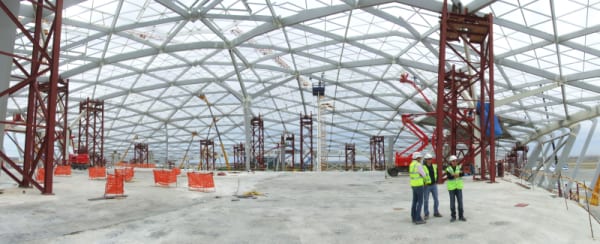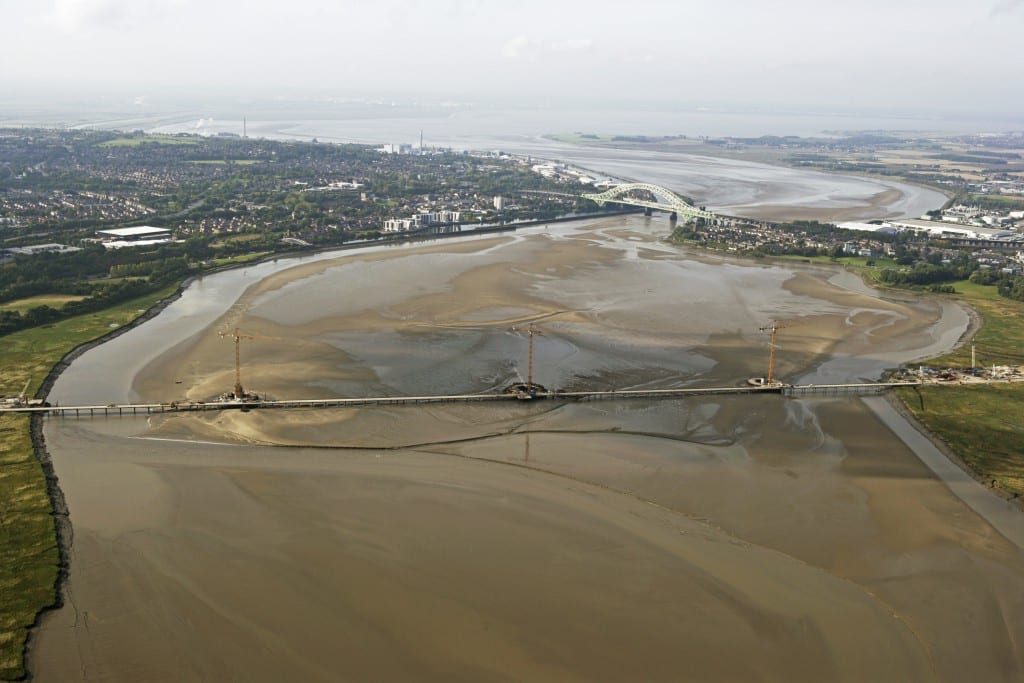Infrastructure, infrastructure, infrastructure. Hardly original I know (thanks Tony) but it seems that the government is upping both its rhetoric and hopefully its action around infrastructure investment this week with the creation of the new National Infrastructure Commission.
In the government’s own words its role is to:“deliver a long-term plan and assessment of national infrastructure needs early in each parliament, setting out what a government is expected to do over the next five years. It will be overseen by a small board, appointed by the Chancellor, and able to commission research and call for evidence from public sector bodies and private sector experts.
The NIC will start work immediately with an initial focus on:
- plan to transform the connectivity of the Northern cities, including high speed rail (HS3)
- priorities for future large-scale investment in London’s public transport infrastructure
- how to ensure investment in energy infrastructure can meet future demand in the most efficient way
The Commission will publish advice to the government on these issues before next year’s Budget. It will also begin work on a national infrastructure assessment, looking ahead to requirements for the next 30 years.”
Politically this is clearly laying the foundations for a George Osborne leadership bid in four years time, but that is no great surprise. The Chancellor has been consistent in his backing for big infrastructure projects to help “get Britain building” and the economy moving, but what is really interesting is the cross-party 30-year forward looking approach.
Each of the three priorities detailed above brings huge challenges, but the approach is good news. Now lets see the Commission turn good news into more action and investment like we had for Mersey Gateway please.
Construction on the Mersey Gateway Project – a major new infrastructure investment (and DTW client) with UK government backing
Of course it is illegal in the UK to talk about infrastructure without mentioning the Northern Powerhouse. The past ten days has seen a huge challenge to that policy move with the mothballing of SSI UK’s steel plant at Redcar, the subsequent placing into receivership of the parent company and the loss of thousands of jobs. The government response is being watched by many – particularly in our part of the world – with huge scepticism and it is a challenge that threatens to undermine the whole concept.
Elsewhere the government has been keen to herald successes like the Sheffield city-region devolution deal agreement, and other LEP areas are also inching forward and getting closer to accepting that elected mayors are a non-negotiable part of the deal.
This is a step forward for common sense – a newly energised Conservative government is setting the agenda here and the challenge for LEPs, local authorities, businesses and transport providers is to rise to meet it and provide ideas and solutions that will encourage meaningful investment.
The Chancellor has clearly outlined his plans. Lets help provide him with some solutions that bring benefits to local communities and businesses.

